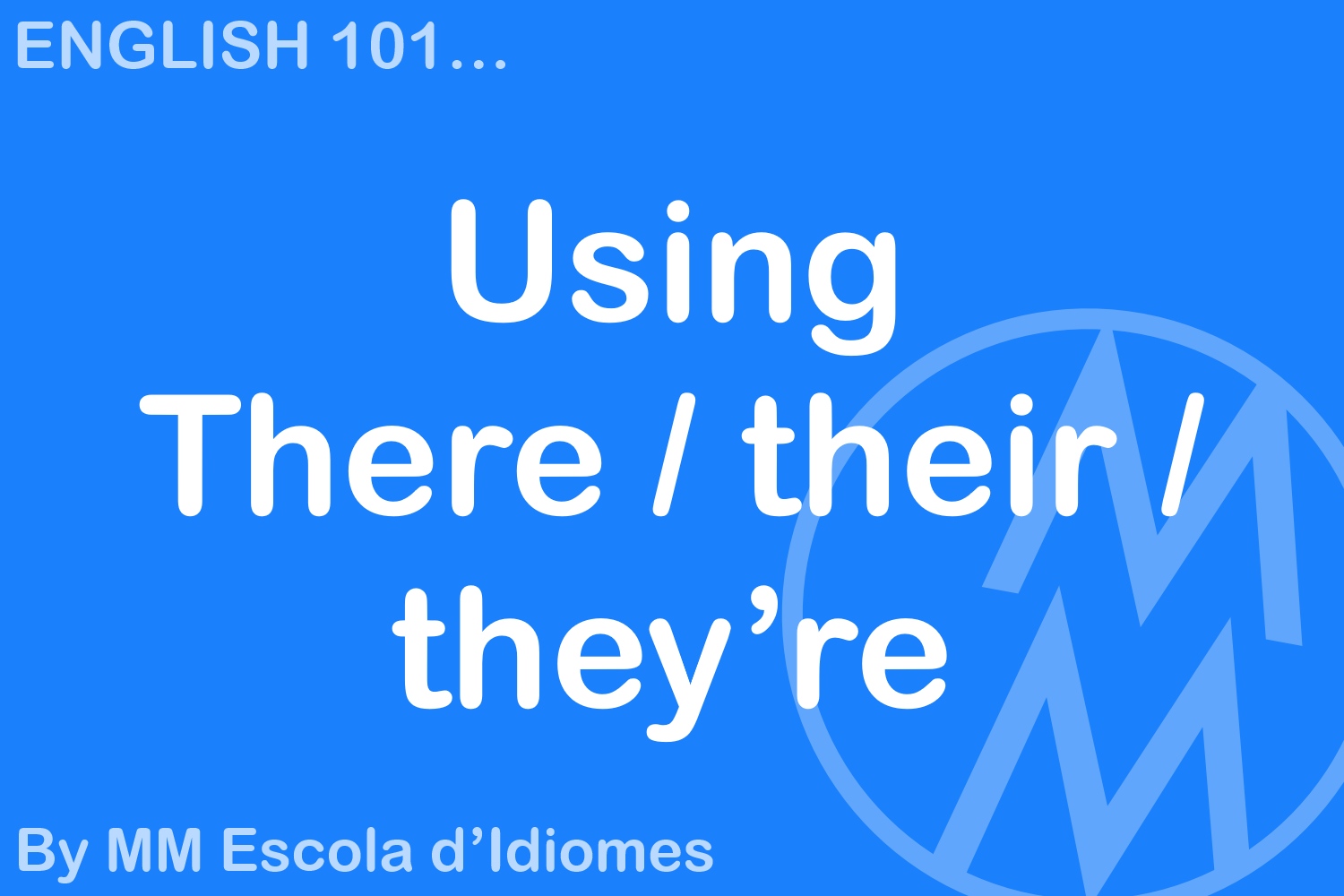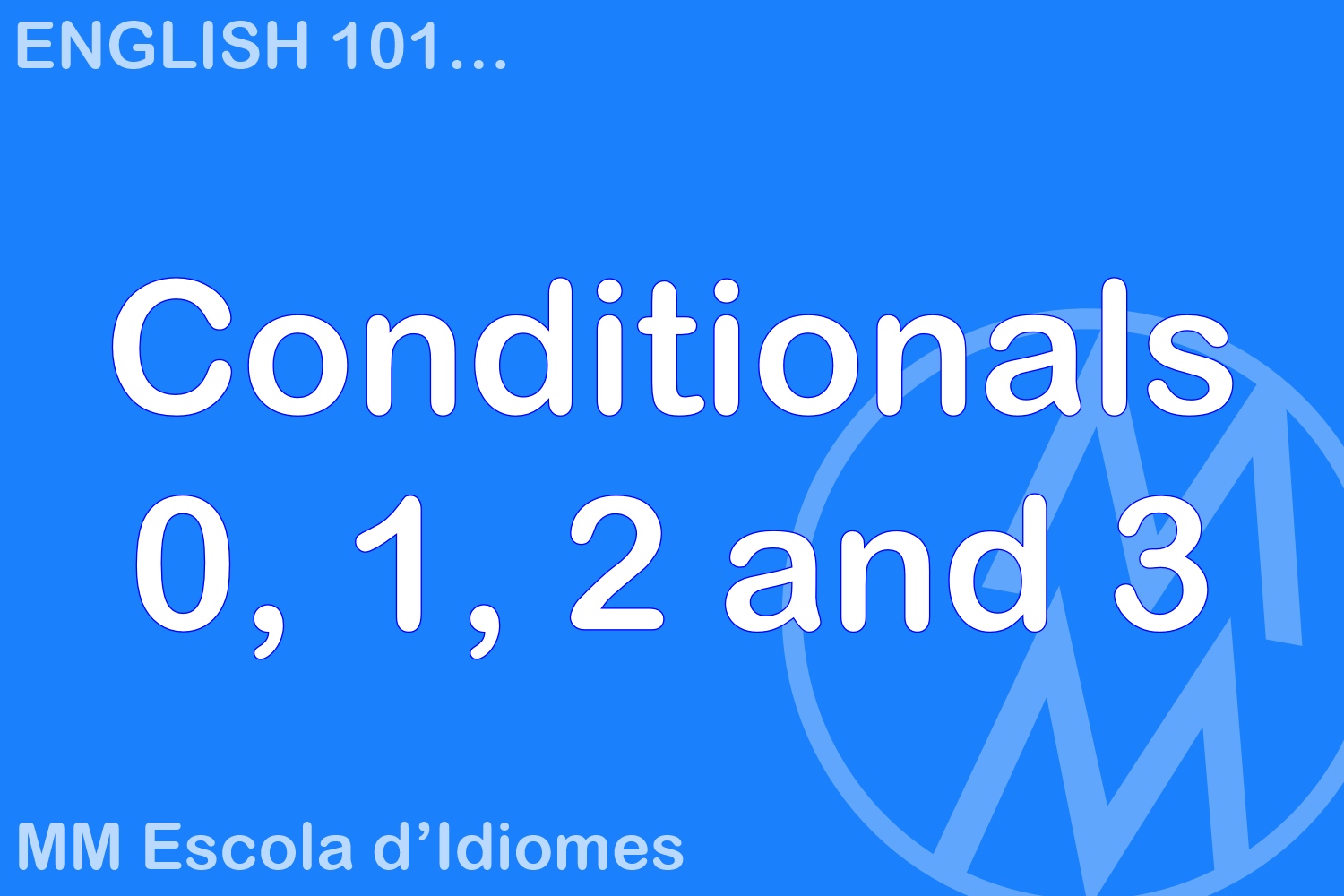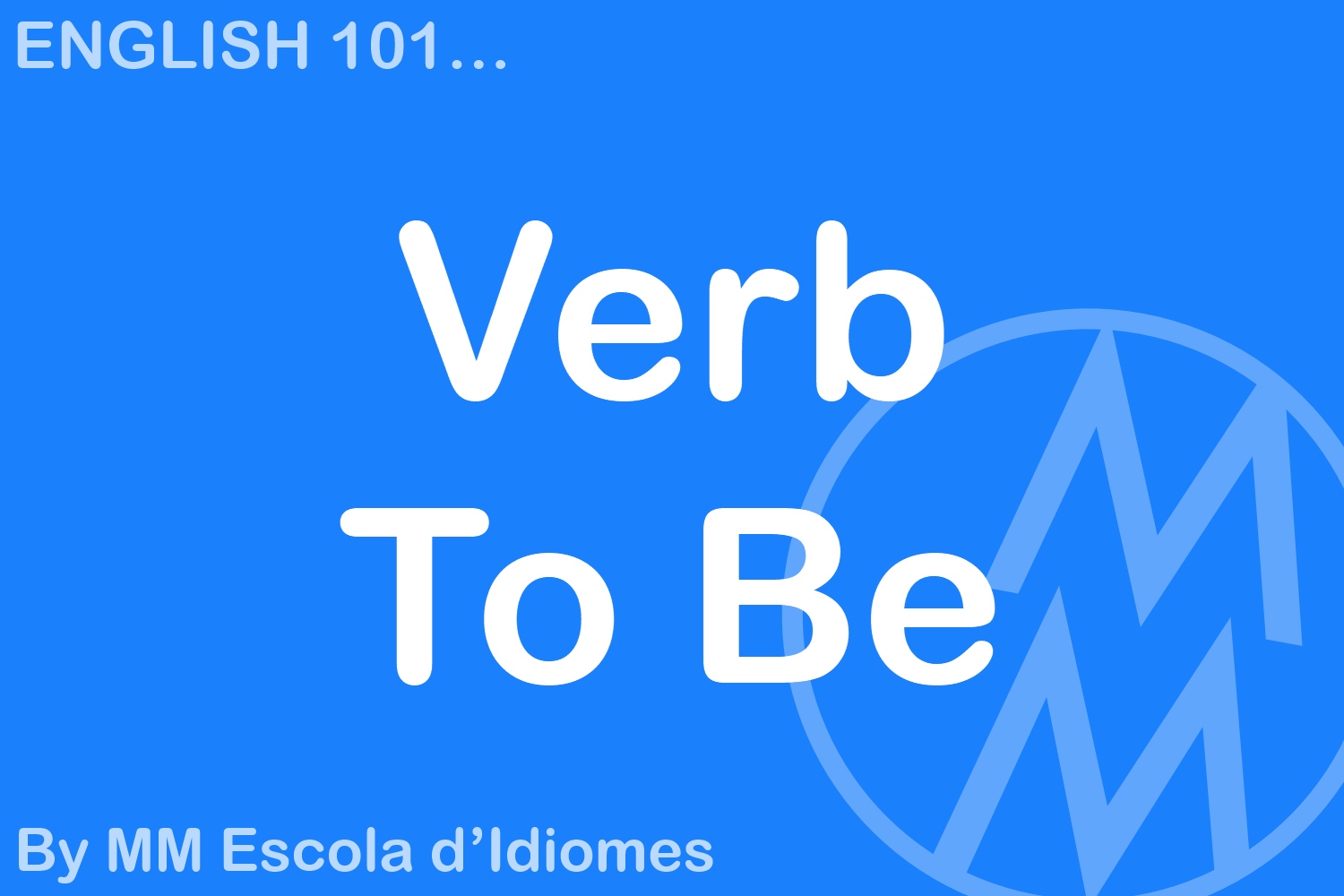Using “there,” “their,” and “they’re”
If you’re learning English, or even if it’s your first language, it can be confusing to know when to use “there,” “their,” or “they’re.” These three words sound similar but have completely different meanings, and using them incorrectly can make your writing or speech confusing and hard to understand. In this article, we’ll break down the differences between “there,” “their,” and “they’re,” and provide some helpful tips on when to use each one.
“There” is used to refer to a place or location. For example, “I left my keys over there,” or “There is a store on the corner.” It can also be used to indicate that something exists or is present. For instance, “There are many options to choose from,” or “There is a lot of traffic on the highway.” In these cases, “there” is often followed by the verb “is” or “are.”
“Their” is a possessive pronoun, meaning it indicates ownership or possession. It is used to refer to something that belongs to a group of people or individuals. For instance, “Their car is parked outside,” or “They went to their grandparents’ house for the weekend.” In these examples, “their” is used to indicate that the car belongs to a group of people, and the grandparents’ house belongs to a particular set of individuals.
Finally, “they’re” is a contraction of the words “they” and “are.” It is used to indicate that a group of people is performing an action or has a certain characteristic. For instance, “They’re going to the movies tonight,” or “They’re excited about the upcoming concert.” In both of these examples, “they’re” is used to indicate that a group of people is doing something or feeling a certain way.
So, how can you tell the difference between these three words in practice? Here are some tips:
Tip #1: Use “there” to refer to a place or location. If you’re talking about a physical location or indicating that something exists, use “there.” For example:
- There is a new restaurant in town.
- I left my phone over there.
- There are many different types of flowers in the garden.
Tip #2: Use “their” to indicate ownership or possession. If you’re talking about something that belongs to a group of people or individuals, use “their.” For example:
- Their house is on the corner.
- They brought their dogs to the park.
- The students did their homework last night.
Tip #3: Use “they’re” to indicate a group of people performing an action or having a characteristic. If you’re talking about a group of people doing something or feeling a certain way, use “they’re.” For example:
- They’re playing soccer in the park.
- They’re happy to be back in school.
- They’re going to the beach this weekend.
Tip #4: Practice, practice, practice. The best way to get better at using these words correctly is to practice using them in context. Write sentences that use each word correctly, and read them aloud to yourself to make sure they make sense.
Now that we’ve gone over the basics of “there,” “their,” and “they’re,” let’s look at some common mistakes people make when using these words, and how to avoid them.
Mistake #1: Confusing “there” and “their.” This is a common mistake, as both words sound similar and have the same number of letters. To avoid this mistake, remember that “there” refers to a place or location, while “their” indicates possession. For example:
- Incorrect: Their is a new restaurant in town.
- Correct: There is a new restaurant in town.
Mistake #2: Confusing “they’re” and “their.” This mistake is also common, as both words sound similar when spoken aloud. To avoid this mistake, remember that “they’re” is a contraction of “they” and “are,” while “their” indicates possession. For example:
- Incorrect: Their going to the concert tonight.
- Correct: They’re going to the concert tonight.
Mistake #3: Using “there” instead of “they’re.” This mistake often happens when people are typing or writing quickly and don’t take the time to proofread. To avoid this mistake, read your sentences carefully to make sure you’ve used the correct word. For example:
- Incorrect: There excited to see the new movie.
- Correct: They’re excited to see the new movie.
Mistake #4: Using “they’re” instead of “their.” This mistake can happen when people are speaking quickly and don’t pay attention to the words they’re using. To avoid this mistake, slow down when speaking and make sure you’re using the correct word. For example:
- Incorrect: They’re dog is so cute.
- Correct: Their dog is so cute.
By paying attention to these common mistakes and practicing using “there,” “their,” and “they’re” correctly, you’ll be able to communicate more clearly and effectively in both written and spoken English.
In conclusion, “there,” “their,” and “they’re” are three common words that can be confusing to use correctly. Remember that “there” refers to a place or location, “their” indicates possession, and “they’re” is a contraction of “they” and “are.” By following the tips we’ve provided and avoiding common mistakes, you’ll be able to use these words with confidence and clarity. So, keep practicing and don’t be afraid to ask for help if you’re still struggling. With time and practice, you’ll master these words in no time!
This article is also available in:










